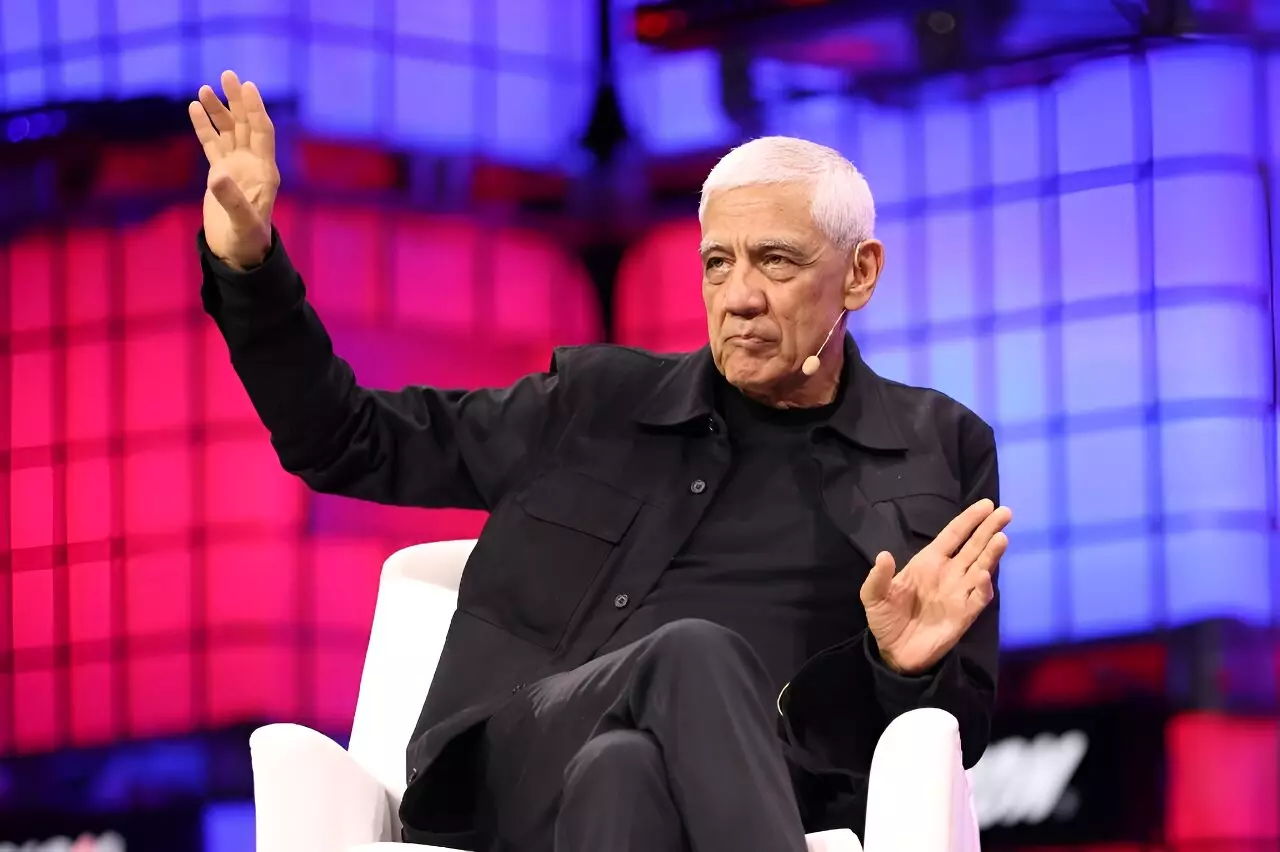In recent times, Nvidia has emerged as a frontrunner in the AI chip industry, propelling itself to the position of the world’s biggest company. The company’s processors have become synonymous with training generative AI’s large language models, cementing its dominance in the field. This unprecedented success has not only propelled Nvidia into the spotlight but has also had a ripple effect on the entire tech sector. The stock market surge experienced by Nvidia has lifted other tech giants like Oracle, Broadcom, HP, and others, despite facing occasional challenges in their earnings reports.
While Nvidia reigns supreme in the AI chip industry, questions loom large over the possibility of new entrants making a mark in the artificial intelligence domain. As startups vie for the attention of Silicon Valley investors, the need for innovation is evident. However, the landscape appears murky, with uncertainties surrounding where the next chapter of AI will be penned. The existing dominance of Microsoft-backed OpenAI, Google, and Anthropic in the realm of generative AI model-making poses a formidable challenge for aspiring companies. Competing directly with these industry giants seems like a daunting task, as highlighted by tech firm Quiq’s founder and CEO, Mike Myer.
In the quest to carve a niche in the AI arena, some startups have attempted to develop applications that leverage the capabilities of the established AI models. However, Silicon Valley’s tech titans have been quick to dismiss such endeavors, citing concerns about the longevity of these ventures. Venture capital veteran Vinod Khosla emphasizes the importance of distinguishing between applications that merely complement existing AI models and those that truly add value and stand the test of time. Khosla’s stern warning about the fate of companies like Grammarly, which he predicts won’t keep pace with evolving AI models, underscores the challenges faced by companies operating in this space.
One of the untapped opportunities in the AI landscape lies in chip design, according to industry experts. With the increasing demand for specialized processors to cater to the diverse requirements of AI applications, companies like Groq have seized this opportunity by developing chips specifically designed for AI deployment. While Nvidia continues to dominate the field of AI training with its GPUs, Groq’s CEO, Jonathan Ross, draws parallels between Nvidia’s expertise in training AI and its limitations in the realm of AI inference. Ross’s analogy likening Nvidia to Michael Jordan in basketball emphasizes the need for specialization in addressing specific AI requirements.
As the AI industry continues to evolve, there is a growing emphasis on highly specialized AI solutions that offer unique expertise based on proprietary data. Companies like Cohere have emerged as pioneers in offering specifically tailored models to businesses that prioritize data security and reliability. Cohere’s CEO, Aidan Gomez, stresses the importance of building trust with enterprises wary of adopting AI technology, highlighting the need for a secure and trustworthy approach to AI implementation. With a background in developing transformative AI architectures like Transformer, Gomez’s insights shed light on the delicate balance between innovation and trust in the AI domain.
The future of AI presents a myriad of challenges and opportunities for both established players and aspiring startups in the industry. While Nvidia’s dominance in AI chip design sets a high benchmark for new entrants, the evolving landscape offers niches for specialized solutions and disruptive innovations. As the AI industry continues to mature, navigating through the shadows of uncertainty requires a delicate balance of innovation, specialization, and trust-building to unlock the full potential of artificial intelligence.


Leave a Reply
You must be logged in to post a comment.